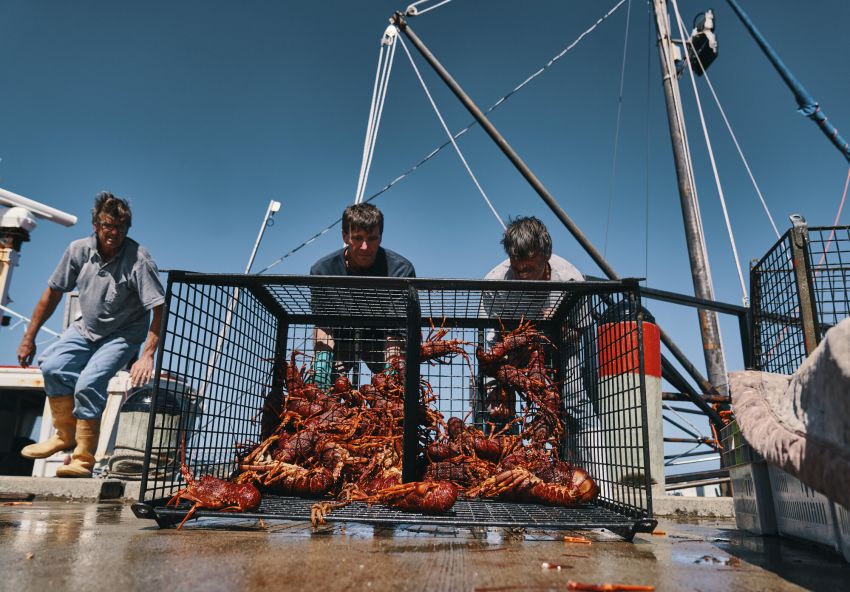
Fisherfolk and climate activists want the federal and state governments to step in to stop multinational companies Schlumberger and TGS from conducting seismic surveys for gas below the ocean floor in the Otway Basin.
The site area covers approximately 700 kilometres, starting offshore from Robe, South Australia, and extending to a point 39 kilometres west of King Island, Tasmania.
Lisa Deppeler, from Otway Climate Emergency Action Network (OCEAN), said on August 24 that apart from the damage to sea ecosystems, any gas that is located would take 15 years to come online and be productive. “We need to have transitioned away from fossil fuels and their harmful emissions by then.”
Deppeler said Schlumberger and TGS “bypassed the process by which exploration titles are granted” and did minimal consultation with affected communities, including the traditional owners of Gunditjmara Sea Country.
“They are calling the shots here,” she said, adding that the government must stop the proposal.
Seismic surveys include using destructive blasts of compressed air to create sound waves that can exceed over 250 decibels, that are let off every 10 seconds, 24 hours a day.
“We need to take urgent action on the climate and biodiversity crisis, not continue to allow massive, speculative expansion of fossil fuel industries,” Deppeler said.
The proposed survey area intersects with the Zeehan Australian Marine Park as well as the eastern side of the Great Australian Bight, which is home to a variety of iconic marine species, 85% of which are unique to the area.
Apart from the endangered marine life, the area is also critical for commercial fisheries.
OCEAN, the Apollo Bay Fishermen’s Co-op and local residents all want the survey stopped. Markus Nolle from the Apollo Bay Fishermen’s Co-op said the environment needs to be nurtured “to ensure there is more fresh, local seafood for generations to come”.
He said knowingly damaging the oceans for the sake of outdated and unnecessary fossil fuel exploration is wrong. “Seismic activity on this scale will have a huge impact; it will kill planktonic fauna [a food-chain foundation], displace migratory finfish, and fatally damage other oceanic species. This would not be allowed on the land, so why allow it in the sea?”
Seismic surveys can damage and kill zooplankton for a radius of at least 1.2 kilometres with every blast, according to Ocean Watch Australia.
Zooplankton are the foundation of life in the ocean and any impact to zooplankton communities can impact entire ecosystems.
Trevor Barker, who fishes for southern rock lobster in Apollo Bay Harbour, recalled the year when a reef at Moonlight Heads was seismic blasted. “I didn’t get one cray afterwards. What’s worse, the pots came up completely empty — no bycatch, nothing.”
“Our rock lobster fishery is one of the most sustainable fisheries in the world because it is so heavily regulated and monitored,” Barker said. “Yet, these survey companies come into our fishing grounds and blast away with minimal regulation, even in marine parks that are set aside to protect biodiversity.”
Immediately after seismic testing in Lakes Entrance, Victoria, in 2020, fisheries suffered a reduction in whiting catches of 99.5% and flathead catches reduced by 71%.
Seismic blasts also impact the breeding, feeding and migration of whales, making them vulnerable to navigation errors and predation.